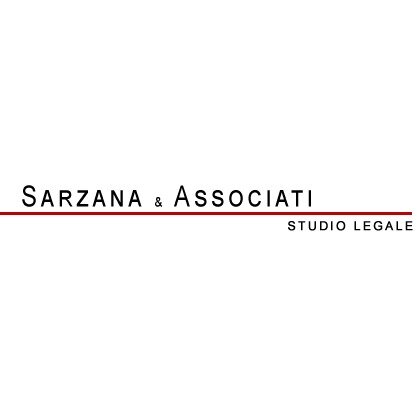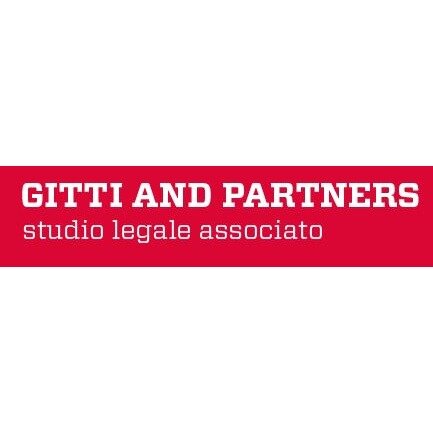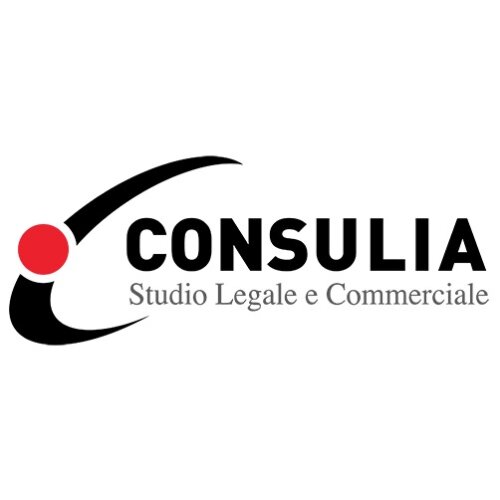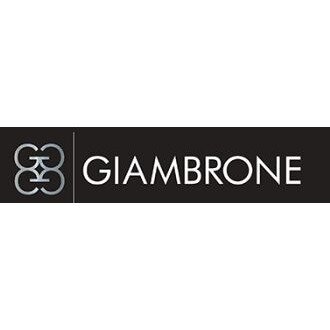Best Project Finance Lawyers in Rome
Share your needs with us, get contacted by law firms.
Free. Takes 2 min.
List of the best lawyers in Rome, Italy
About Project Finance Law in Rome, Italy
Project Finance in Rome, Italy, is a specialized area of law focused on the long-term financing of large infrastructure and industrial projects. Common examples include highways, hospitals, energy plants, renewable energy facilities, ports, and other public or private infrastructure projects. Project Finance arrangements typically involve creating a standalone legal entity for the project, with financing sourced primarily from future cash flows rather than the assets or creditworthiness of project sponsors.
Rome, being at the heart of Italian governmental and administrative activity, is a central hub for project finance transactions in the country. Italian Project Finance law merges local, national, and EU regulatory frameworks and places strong emphasis on risk allocation, security packages, regulatory compliance, and contractual structuring.
Why You May Need a Lawyer
Individuals or companies often seek legal assistance in Project Finance for several reasons:
- Structuring and Negotiating Agreements: Lawyers help design agreements among project sponsors, lenders, contractors, and public authorities, ensuring all interests are safeguarded.
- Regulatory Compliance: Navigating Italy’s complex legal and regulatory system, including permitting and environmental requirements, often requires experienced legal counsel.
- Risk Assessment: Analyzing and allocating legal, financial, construction, and operational risks in contracts requires legal expertise.
- Due Diligence: Lawyers undertake due diligence on land acquisition, permit status, corporate structure, and contractual obligations.
- Resolving Disputes: In the event of disagreements between parties or with public authorities, legal intervention is crucial for dispute resolution or litigation.
- Financing Structuring: Legal professionals design and secure the necessary financial documentation such as loan agreements, security agreements, and guarantees.
- Public-Private Partnership (PPP) Arrangements: Navigating PPP projects requires understanding both public law obligations and private sector interests.
Local Laws Overview
Project Finance in Rome is primarily governed by a combination of Italian civil law, sector-specific regulations, and various decrees and guidelines ministered by national and local entities. Key legal frameworks include:
- Italian Civil Code: Governs general contract obligations for all commercial transactions.
- Public Procurement Code (Codice dei Contratti Pubblici): Sets rules for awarding and managing public contracts, especially for large infrastructure projects.
- EU Directives: Rome adheres to European Union directives regarding concessions, procurement, and competition.
- Environmental and Planning Law: Environmental impact assessments (Via - Valutazione di Impatto Ambientale) and local planning authorizations (such as building permits) are mandatory for many projects.
- Financial Security Law: Italy has specific rules governing guarantees, pledges, and mortgages commonly used in project finance security packages.
- PPP Regulations: Detailed rules apply to public-private partnerships, including contractual structure, duration, revenue models, and risk sharing.
- Tax Law: Project-specific taxation and incentive schemes may apply, especially for energy and infrastructure investments.
Frequently Asked Questions
What is project finance and why is it used in large projects?
Project finance is a financing technique used to fund large projects where repayment is primarily sourced from the future cash flows generated by the project itself, rather than the credit history of the project sponsors. It is used for high-value, capital-intensive infrastructure schemes.
Is project finance regulated differently in Rome compared to other parts of Italy?
Rome follows national laws and European regulations, but as the seat of many state agencies and ministries, projects in Rome may require more direct interaction with central authorities as well as local government agencies.
What are the main phases of a project finance transaction in Italy?
The main phases include project identification, feasibility studies, structuring, securing permits, negotiating contracts, financial closure, construction, operation, and eventual project transfer or completion.
What legal documents are essential in a project finance deal?
Key documents typically include loan agreements, security and guarantee agreements, shareholder agreements, concession agreements, EPC (engineering, procurement and construction) contracts, and O&M (operations and maintenance) contracts.
Do I need government approval for my project finance transaction in Rome?
For public infrastructure, energy, and other regulated sectors, various authorizations from local or national authorities, including permits, licenses, and sometimes parliamentary approvals, are necessary.
What risks do lawyers help manage in project finance deals?
Legal counsel help identify and allocate risks related to construction, operation, demand, financing, and compliance. They ensure that contracts outline each party’s responsibilities and remedies in case of issues.
What role does due diligence play in project finance?
Due diligence verifies the legal, financial, technical, and environmental aspects of a project, ensuring there are no hidden obstacles that could threaten the project’s success or financing.
Are there incentives for green energy or infrastructure projects in Rome?
Yes, Italy offers various incentives such as tax credits, grants, and feed-in tariffs for certain renewable energy and infrastructure projects. A lawyer can help identify eligible schemes and assist with applications.
How long does it typically take to close a project finance deal in Rome?
The timeline varies by project size and complexity, but it often takes several months to over a year, considering the time required for due diligence, negotiations, and securing regulatory approvals.
What happens if a dispute arises during the project?
Contracts typically specify preferred methods of dispute resolution, such as negotiation, mediation, arbitration, or litigation. Courts in Rome or specialized arbitration panels may have jurisdiction, depending on the contract terms.
Additional Resources
If you are exploring project finance in Rome, the following resources and organizations can provide valuable guidance:
- Ministry of Economy and Finance (Ministero dell’Economia e delle Finanze): Oversees economic policy and public-private partnerships.
- ANAC (Autorità Nazionale Anticorruzione): The national anti-corruption authority monitors public procurement and contracts.
- GSE (Gestore dei Servizi Energetici): Responsible for incentives and administration of energy sector projects.
- Rome Chamber of Commerce (Camera di Commercio di Roma): Provides business, legal, and administrative support for companies.
- Order of Lawyers of Rome (Ordine degli Avvocati di Roma): To find qualified lawyers specializing in project finance.
- Professional law firms: Many law firms in Rome have dedicated project finance teams able to assist international and local clients.
Next Steps
If you are considering a project finance venture in Rome, it is important to:
- Clearly define your project’s objectives, financial structure, and stakeholders.
- Consult with a lawyer experienced in project finance early in the planning process.
- Gather preliminary documents such as business plans, feasibility studies, and land ownership details.
- Check which permits, authorizations, and approvals are relevant to your sector or area.
- Discuss project risks and the appropriate contractual structures with your legal advisor.
- Ensure that all agreements comply with Italian and EU regulations.
- Contact the Order of Lawyers of Rome or reputable law firms to identify legal professionals with project finance expertise.
Taking these steps will help you navigate the complex legal landscape of Project Finance in Rome and lay the groundwork for a successful project outcome.
Lawzana helps you find the best lawyers and law firms in Rome through a curated and pre-screened list of qualified legal professionals. Our platform offers rankings and detailed profiles of attorneys and law firms, allowing you to compare based on practice areas, including Project Finance, experience, and client feedback.
Each profile includes a description of the firm's areas of practice, client reviews, team members and partners, year of establishment, spoken languages, office locations, contact information, social media presence, and any published articles or resources. Most firms on our platform speak English and are experienced in both local and international legal matters.
Get a quote from top-rated law firms in Rome, Italy — quickly, securely, and without unnecessary hassle.
Disclaimer:
The information provided on this page is for general informational purposes only and does not constitute legal advice. While we strive to ensure the accuracy and relevance of the content, legal information may change over time, and interpretations of the law can vary. You should always consult with a qualified legal professional for advice specific to your situation.
We disclaim all liability for actions taken or not taken based on the content of this page. If you believe any information is incorrect or outdated, please contact us, and we will review and update it where appropriate.

















